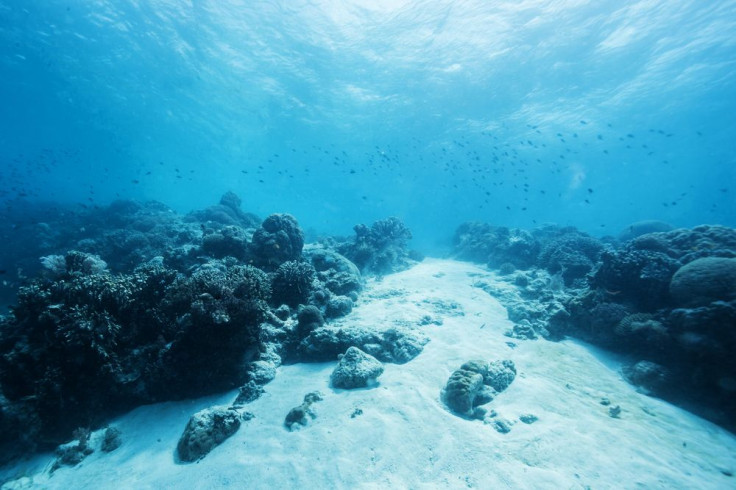
June 8 is World Oceans Day, however ocean conservation is so vital to the environment that it should be every day that we should be conscious and looking for way to stop polluting them. Oceans are so important to the Earth’s survival that the United Nations has called the oceans the “heart of the planet,” to highlight their vitality and impact, as they constitute 2/3 of the planet’s surface. World Oceans Day was celebrated in 2002 for the first time with a different theme each year. The UN has assigned 2015 with the theme “healthy oceans, healthy planet.” Here are a few interesting facts to remind us why we need to look after the marine ecosystems.
- Plastic is the most common polluting element that is found in the ocean.
- Most of the oxygen we breathe comes from the ocean.
- Toxic metals can destroy the biochemistry, behavior, reproduction, and growth in marine life.
- 94 percent of life on Earth is aquatic.
- 72 percent of the Earth is covered by ocean, so it is sometimes called the “blue planet.”
- 90 percent of all volcanic activity occurs in the oceans.
- There are more artifacts and remnants of history in the ocean than in all of the world’s museums, combined.
- We have only explored less than 5 percent of the Earth’s oceans. In fact, we have better maps of Mars than we do of the ocean floor
- The deepest point in the ocean is the Marianas Trench near Asia with a depth of almost 11,000 meters (over 36,000 ft) or almost 7 miles deep.
- Antartica has as much ice as the Atlantic Ocean has water.
- Three hundred thousand dolphins and porpoises die each year as a result of becoming entangled in discarded fishing nets, among other items.
- Small animals at the bottom of food chain absorb the chemicals as part of their food. These small animals are then eaten by larger animals that again increases the concentration of chemicals.
- People get contaminated easily by eating contaminated seafood that can cause serious health problems, from cancer to damage to immune system.
- In many parts of the world, sewage water is discharged in the ocean – untreated or under-treated.
© 2024 Latin Times. All rights reserved. Do not reproduce without permission.
Trending
Join the Discussion




